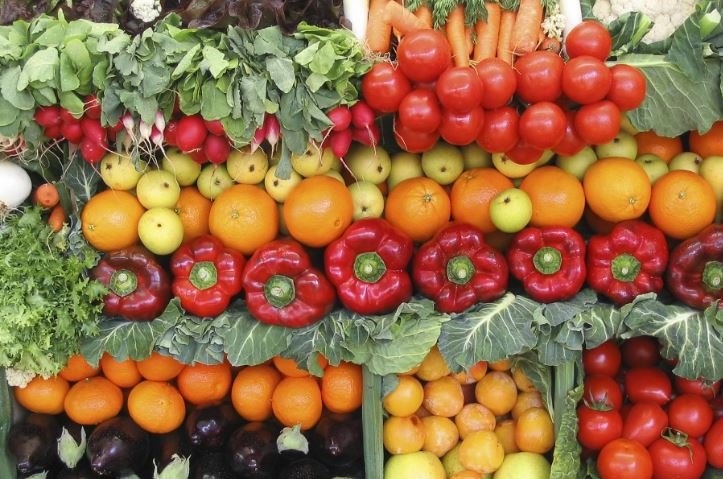The deficit of the food balance reached 1,276.9 million dinars (MD) over the last ten months of 2017, (against 884 MD in the same period of 2016), which accounts for 9.6% of the trade deficit, according to the latest data published by the Ministry of Agriculture, Water Resources and Fisheries.
The coverage rate of the food trade balance fell to 65.8% From January 1 to October 31, 2017, compared with 71.1% in the same period of 2016.
This fall is the result of a significant increase in the value of food imports by 21.9%, especially those of commodities which reached 75% of the import structure against 69% in 2016, while a smaller increase in exports by 12.7% was recorded.
Food exports registered a 12.7% increase in ten months in 2017, compared to the same period of 2016, to 2,452.4 MD.
The jump is explained by the 10% rise in the revenues of dates whose value of sales amounts to 420.2 MD, due to the improvement of the price level by 26% and market diversification (more than 80 global destinations).
According to the Ministry of Agriculture, a leap registered by the shares of the Asian and European markets and South America, by 6%, 5% and 20%, respectively.
The value of seafood exports grew 39%, pasta went up 9% and fresh vegetables rose 11% due to improved prices for geothermal tomatoes and other vegetables.
Income from olive oil exports went down slightly by 3% to 641 million, due to the 26% improvement in world prices, despite a 23% decline in the quantities exported (68 thousand tonnes compared to 80 thousand tonnes) in comparison with the same period of 2016.
Revenues from summer fruits export have increased by 33% over the previous season to 57 MD.
The value of food exports accounts for 8.9% of the overall exports of goods from the country, compared to 9.3% in 2016.
As for food imports, they reached 3,729 MD at the end of October 2017, with an increase of 21.9% compared to the same period of 2016.
This leap mainly include imports of sugar (+ 108%), vegetable oils (+ 77%), tea and coffee (+ 99%), milk and derivatives (+ 82%), and to a lesser degree, those of soft wheat (+ 17%) and maize (+ 24%).
Growth is posted in imports of other non-basic food products, suc as bananas (+ 43%) and food preparations (+ 8%).
The value of imports of certain food products decrease in the first ten months of 2017, like potatoes (-50%), barley (-7%) and durum wheat (-19%), due to the decline in imported quantities and the improvement of local production.
The value of food imports accounted for 9.1% of total imports in the ten months of 2017, compared to 8.9% in the same period of 2016.
TunisianMonitorOnLine




